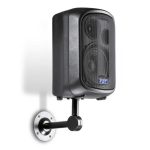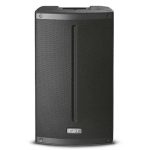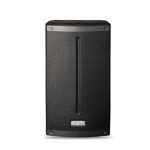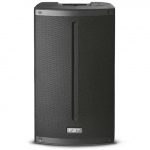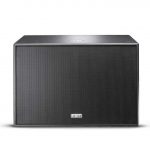How Solar Companies Ensure Safe Installations Through Compliance and Best Practices
In the pursuit of sustainable energy solutions, solar companies play a pivotal role in promoting renewable energy sources. Their commitment to safety and compliance is paramount, particularly during installation processes. Following strict OSHA protocols helps these companies mitigate risks associated with solar panel installations, ensuring the well-being of both workers and clients.
To achieve compliance, solar companies adhere to high professional standards that govern their operations. These standards encompass a broad range of practices, from training personnel on safety measures to conducting thorough site assessments. By prioritizing safety and compliance, solar companies not only meet regulatory requirements but also instill confidence in their customers about the integrity of their services.
Understanding Local Regulations and Permits for Solar Installations
When it comes to solar installations, navigating the complex web of local regulations and obtaining the necessary permits is a critical step. Solar companies must thoroughly understand the specific requirements and guidelines established by municipal, county, and state authorities to ensure a safe, compliant, and efficient installation process.
One key aspect is adhering to OSHA protocols, which outline the safety standards and best practices for solar installations. Solar companies must familiarize themselves with OSHA’s comprehensive inspection checklists and ensure that all work is carried out in strict compliance with these regulations. This not only protects the safety of the installation team but also safeguards the homeowner and the surrounding community.
Moreover, solar companies must obtain the appropriate permits from local authorities before commencing any installation work. This typically involves submitting detailed plans, obtaining necessary approvals, and scheduling inspections to verify that the installation meets all applicable building codes and regulations. Failure to obtain the required permits can result in costly delays, fines, or even the need to remove the installed system.
By thoroughly understanding and complying with local regulations and permit requirements, solar companies can ensure that their installations are not only safe and compliant but also meet the specific needs and standards of the communities they serve. This attention to detail and commitment to following the rules is a crucial aspect of delivering a reliable and trustworthy solar solution to homeowners.
Employing Qualified Technicians for Installation and Maintenance
At the heart of ensuring safe and compliant solar installations lies the employment of qualified technicians. Solar companies must adhere to professional standards and hire licensed installers who are well-versed in OSHA protocols and local city permits requirements.
The installation process requires meticulous attention to detail, from the roof safety assessment to the compliance with electrical code regulations. Solar companies must maintain a comprehensive inspection checklist to guarantee the safety and efficacy of each installation.
By partnering with https://suncrestsolar-la.com/, homeowners can rest assured that their solar installations are handled by a team of highly skilled and certified professionals, committed to delivering a safe and compliant solar energy solution.
Implementing Safety Protocols and Procedures During Installation
Solar companies prioritize the safety of their workers and clients through rigorous safety protocols during installations. Adherence to professional standards ensures that all personnel are trained in roof safety practices, minimizing the risk of accidents associated with elevated work. These protocols include the use of fall protection equipment and harnesses to safeguard technicians working at heights.
An inspection checklist plays a vital role in the installation process. This checklist is utilized to verify that each component meets safety regulations and operational requirements before, during, and after the installation. Regular inspections help identify potential hazards and ensure compliance with OSHA protocols, which are critical in maintaining a safe work environment.
Grounding systems are another pivotal element of safety in solar installations. Proper grounding protects the system and individuals from electrical faults and potential shocks. Solar companies implement rigorous testing and adherence to local electrical codes to guarantee that these systems are installed correctly.
Additionally, obtaining city permits is a fundamental step in the installation process. Each municipality has specific regulations that must be followed, ensuring that installations are not only safe but also legally compliant. Engaging with local authorities during this phase helps to streamline the installation process and uphold community safety standards.
